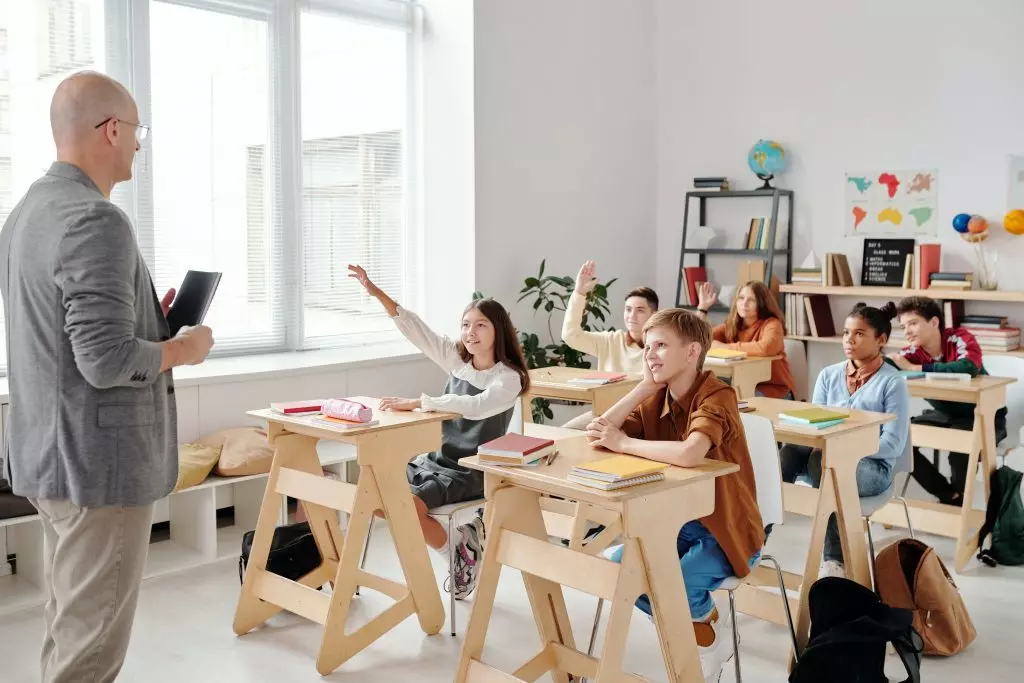Alternative Learning Empowers Children With Learning Challenges
2022-05-10 | By Orcam Staff

One in five children deals with learning challenges. The most common learning challenges are dyslexia, ADHD, dyscalculia, dysgraphia, and dyspraxia.
When addressing the subject, we focus on the effect it has on the student’s academic achievement and worry about their future careers. However, no one mentions the emotional difficulties, frustration, and low self-esteem that might arise from struggling with learning challenges all your life, especially in school when all you needed is alternative learning.

Symptoms, Diagnosis, and Misconceptions
Difficulties in reading, spelling, messy handwriting, and overall low academic performance are the first symptoms of learning difficulties. Teachers or parents that notice these signs should consult a specialist, as they are the ones who can determine a diagnosis. Not all children who are having difficulties with their studies have learning challenges.
When a child struggles with a learning challenge it means he or she absorbs information differently and that they might need an alternative learning method or system. Students with learning challenges are not less intelligent or less capable, in fact, most times it’s the opposite. Furthermore, children with learning challenges often are more creative. Yet in many cases, once the “verdict” is given, the misconceptions start, when in fact it should be ending.

Struggling With the Learning and With the Challenges
Students with learning challenges may work twice as hard to succeed when they might just need a different approach. Even so, the real problem starts when these children experience low grades, one disappointment after another with no explanation, leading them to believe that they are not as good, smart, or capable, as their peers.
The constant shame and anxiety from school tests and reviews can lead these students to have low self-esteem, depression, and even serious mental health issues. Moreover, these children often are the victims of provocation, bullying, and cyberbullying.
As someone who has struggled himself and treats people with conditions such as dyslexia and ADHD, Dr. Kojo Sarfo reveals the struggle, shame, and emotional difficulties that people suffer from just because they can’t read or spell effectively or efficiently.

Tolerance in the Classroom, Responsive Teaching
When teachers approach a new classroom it is essential to remember not all students are the same. This is why educators need to find ways to implement personalized learning that will enable all students to prosper no matter their disadvantages. This may include different teaching methods or implementing assistive technology like the OrCam Learn that improves the student's access to texts.
It is also very important to address the subject of learning challenges with the class and involve the students to generate a feeling of mutuality and friendship. A school should not be a place of ignorance, and with awareness and the right set of values, students will grow to be more tolerant, accepting, and enlightened.
Many researchers are connecting poor grades and low test scores to health-risk behaviors such as violence, and substance use. With a different learning system for each student, love, support, and a constructive environment, children will thrive. A better school experience will lead to a better life and happy and healthy children.

OrCam Learn for Alternative Learning Experience
Thankfully today we have assistive technology that empowers students with learning challenges and can help teachers and parents to create a personalized learning experience for every child.
The OrCam Learn is a smart AI device and your “study buddy” when you need it, anytime, anywhere. This advanced education tool can read full pages of text and digital screens, ask questions about the subject, help you to achieve better reading, and improve your comprehension skills.
Find out more about how OrCam Learn can help students with learning challenges here



